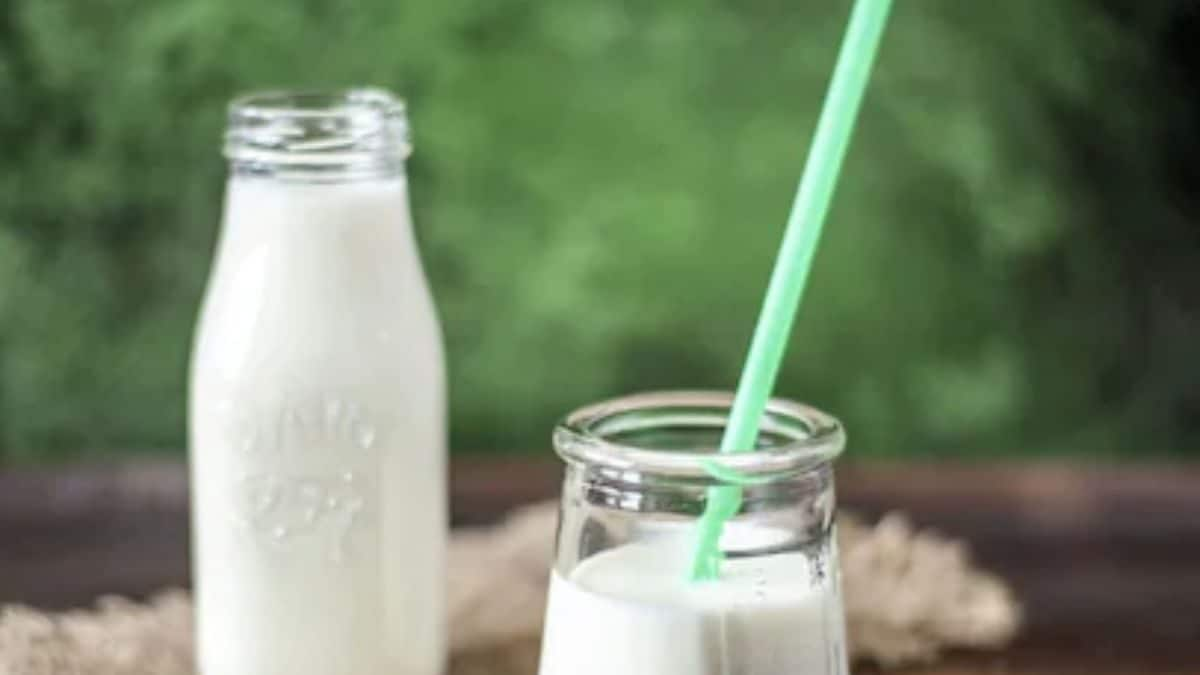The Indian Food Safety and Standards Authority of India (FSSAI) initially issued an advisory recommending the removal of A2 milk from the market, citing a lack of scientific evidence to support claims of its superior health benefits. However, just five days later, the FSSAI made a surprising U-turn and withdrew the advisory. This decision sparked a debate about the true nature of A2 milk, with health experts and nutritionists voicing their opinions.
The A2 Milk Debate: Is It a Marketing Gimmick or a Health Benefit?
The FSSAI’s initial directive drew cheers from health experts who saw it as a step towards clearer labeling and better health outcomes. However, the subsequent withdrawal of the advisory ignited discussions on social media platforms, drawing attention from the medical community. Several health experts dismissed A2 milk as a mere marketing ploy.
Dr. Cyriac Abby Philips, a hepatologist, took to Twitter to express his skepticism: “It’s just goddamn milk. Every A2 milk fraudster seller out there is going crazy that their swindling business is going bust. You can fool people for a limited time only.” His strong statement echoed the sentiments of many experts who questioned the validity of claims made by A2 milk producers.
The difference in price further solidified the perception of A2 milk as a marketing gimmick. A2 milk, often marketed as superior and boasting more health benefits, retails at a significantly higher price compared to regular milk, which contains both A1 and A2 beta-casein proteins.
Lack of Scientific Evidence
A comprehensive review of the literature reveals a dearth of robust scientific studies supporting claims of A2 milk’s superiority. The existing studies are small, often anecdotal, and lack conclusive evidence to validate the purported health benefits.
Several doctors, including endocrinologists, gastroenterologists, general physicians, pediatricians, and hepatologists, emphasized the absence of compelling scientific evidence. A prominent paediatric critical care physician stated, “Never heard of A1 or A2. I only knew them as bogies in an AC train so far.”
The Scientific Basis of A1 and A2 Beta-Casein
The crux of the debate lies in the different types of beta-casein protein present in milk. Beta-casein accounts for roughly 80% of milk protein. While regular milk contains both A1 and A2 beta-casein, A2 milk contains only A2 beta-casein.
A hypothesis suggests that consuming a high amount of A1 beta-casein may increase the risk of various health issues like type 1 diabetes, ischemic heart disease, sudden infant death syndrome, schizophrenia, and autism spectrum disorder.
However, these concerns are largely based on small and inconclusive studies, leaving the scientific community skeptical.
Conflicting Opinions from Experts
Dr. Anoop Misra, a renowned endocrinologist, acknowledged potential digestive tolerance benefits of A2 milk but refuted any significant health advantages over regular milk: “Except for abdominal tolerance, there is no difference.”
Dr. Rajeev Jayadevan, a gastroenterologist, shared his experience consuming both types of milk for over a decade: “I have used both types of milk for well over a decade each and found absolutely no difference.”
He underscored the lack of credible scientific evidence to support claims of superiority for A2 milk.
Dr. Dinesh Raj, a pediatrician, echoed the concerns about the limited evidence base. He pointed out that many studies comparing A1 and A2 milk involve small sample sizes, with most studies having fewer than 50 subjects.
He highlighted the absence of studies from India, making it difficult to ascertain the validity of the claimed benefits. He also questioned the feasibility of reliably testing A2 milk, suggesting that consumers are potentially being misled.
The Need for Scientific Rigor
While the debate continues, a consensus among experts emerges: there is insufficient scientific evidence to justify the marketing hype surrounding A2 milk. The current evidence suggests that A2 milk may be slightly easier to digest for individuals with milk intolerance but offers no demonstrable health benefits over regular milk.
Furthermore, the lack of reliable testing methods raises concerns about the genuineness of A2 milk products sold in the market.
Take Away Points
- There is limited scientific evidence to support the claims of superior health benefits for A2 milk.
- The existing studies are small, often anecdotal, and lack conclusive evidence.
- Experts agree that A2 milk may offer some digestive tolerance benefits, particularly for individuals with lactose intolerance.
- There is no substantial evidence to suggest that A2 milk provides any significant health advantages over regular milk.
- The lack of reliable testing methods for A2 milk raises concerns about its genuineness and potentially misleading marketing practices.
- Consumers should be wary of marketing hype surrounding A2 milk and consult with their healthcare providers before making dietary changes.
- It’s important to rely on scientific evidence and expert opinions to make informed decisions about dietary choices.




